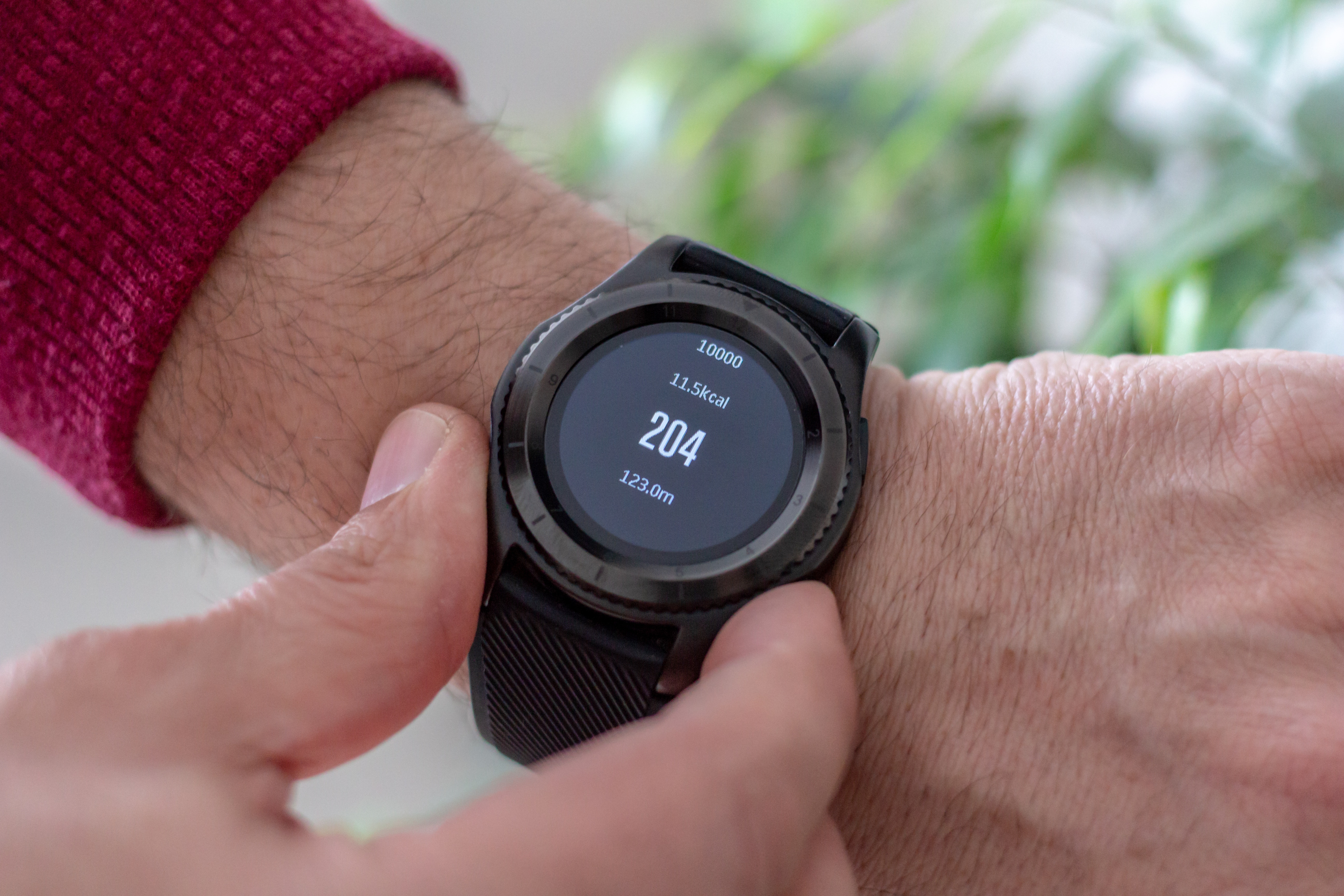Wearable Sensors Help Assess Medication State in Levodopa-treated Parkinson’s Patients

Wearable motion sensors can allow doctors to objectively assess medication states in Parkinson’s disease patients being treated with levodopa, a new study shows.
The study, “Assessment of response to medication in individuals with Parkinson’s disease,” was published in the journal Medical Engineering & Physics.
Levodopa is the most common medication used to treat motor impairment in patients with Parkinson’s disease.
Unfortunately, long-term treatment with levodopa causes troubling motor impairments that are attributed to frequent fluctuations in the “on” and “off” periods. This refers to a phenomenon in which patients on levodopa switch between mobility and immobility, the latter developing when the dose has worn “off” but it is not yet time for the next dose.
The current method to address this problem is by adjusting therapy (i.e. medication frequency and dosage). However, this requires the doctor to know when the patient in the on and off state. This information is frequently obtained from patients’ self-reports, which can be biased.
The development of a wearable, sensor-based assessment system that can detect information about patients’ duration in medication on and off states can help improve therapy adjustment for Parkinson’s patients. Not only would this strategy help reduce motor fluctuations, but it would also improve associated healthcare costs.
Researchers from Florida Atlantic University’s College of Engineering and Computer Science have combined an algorithm and a sensor-based assessment system that can detect patients’ responses to treatment and medication states.
To test the system, researchers recruited 19 Parkinson’s patients and mounted two wearable KinetiSense motion sensors on their most affected wrists and ankles.
The team then collected movement signals as the participants performed daily activities, including resting, walking, drinking, dressing, hair brushing, unpacking groceries, and cutting food, in their medication off and on states.
The algorithm was trained using approximately 15% of the data from four activities and then tested on the remaining data. Hence, data from the two sensors can provide objective measurements instead of a patient diary or self-report.
“In a real-life scenario, the developed algorithm will be trained during a patient’s first visit. Then it will be used to detect the response to medication (on/off medication states) on a continuous basis and report objective information about the duration in on and off states to the treating neurologist for remote medication adjustments,” researchers said.
The algorithm was able to detect the response to medication during subjects’ daily activities with an average of 90.5% accuracy, 94.2% sensitivity, and 85.4% specificity.
Furthermore, the algorithm performed equally well for all the activities, with an average accuracy of 91.3% for the activities in the training phase and 88.4% for the new activities.
“The developed sensor-based algorithm could provide objective and accurate assessment of medication states that can lead to successful adjustment of the therapy, resulting in considerably improved care delivery and quality of life of patients,” researchers said.
The authors stress that this approach is novel in that it is customized to each patient rather than a “one-size-fits-all” approach.
“Once the algorithm is trained, it can readily be used as a passive system to monitor medication fluctuations without relying on patient or physician engagement,” Behnaz Ghoraani, PhD, an assistant professor in FAU’s department of computer and electrical engineering and computer science, said in a press release.
“There is a great need for a technology-based system to provide reliable and objective information about the duration in different medication phases for patients with Parkinson’s disease that can be used by the treating physician to successfully adjust therapy,” said Stella Batalama, PhD, dean of FAU’s College of Engineering and Computer Science.
“The research that professor Ghoraani and her collaborators are doing in this field could considerably improve both the delivery of care and the quality of life for the millions of patients who are afflicted by this debilitating neurodegenerative disease.”






